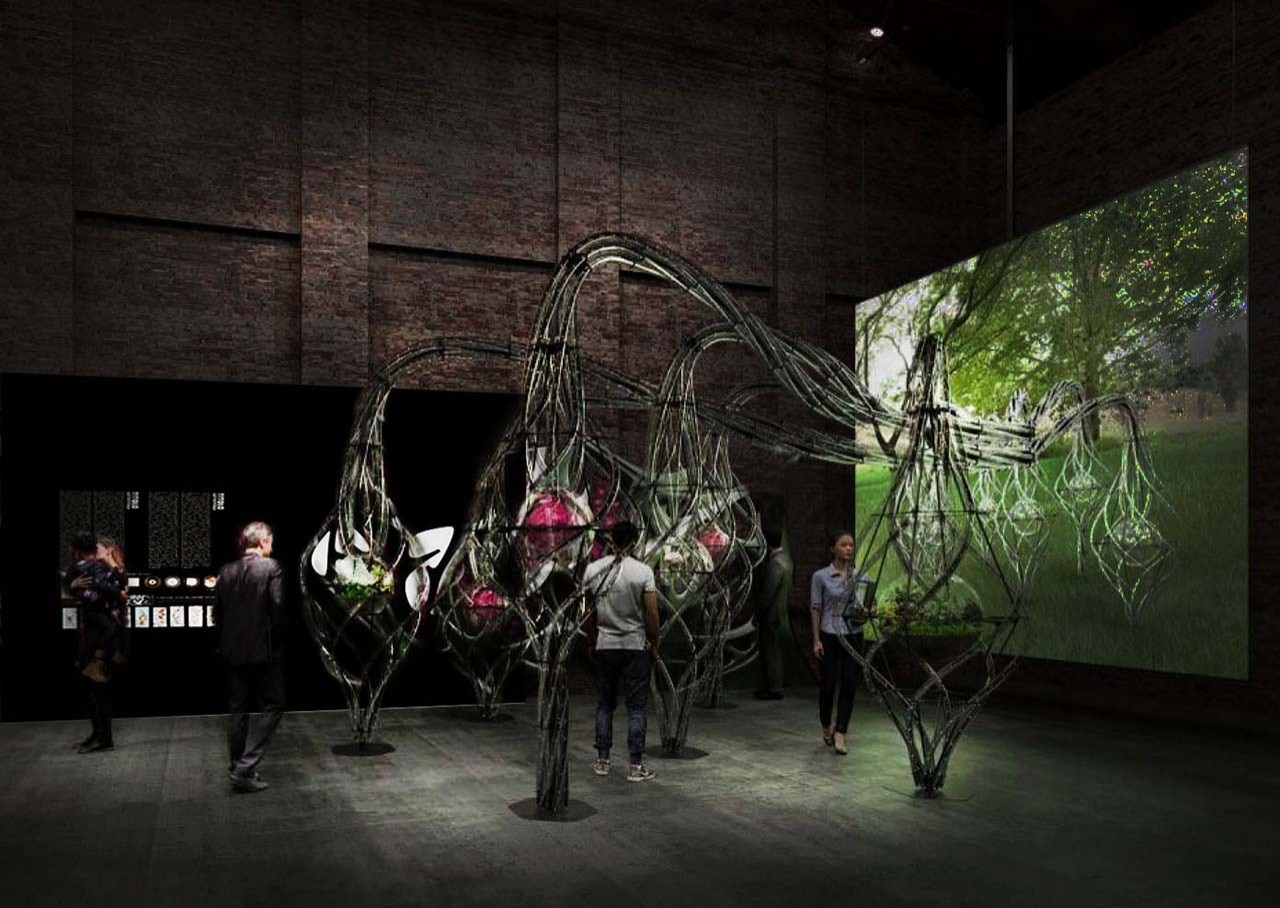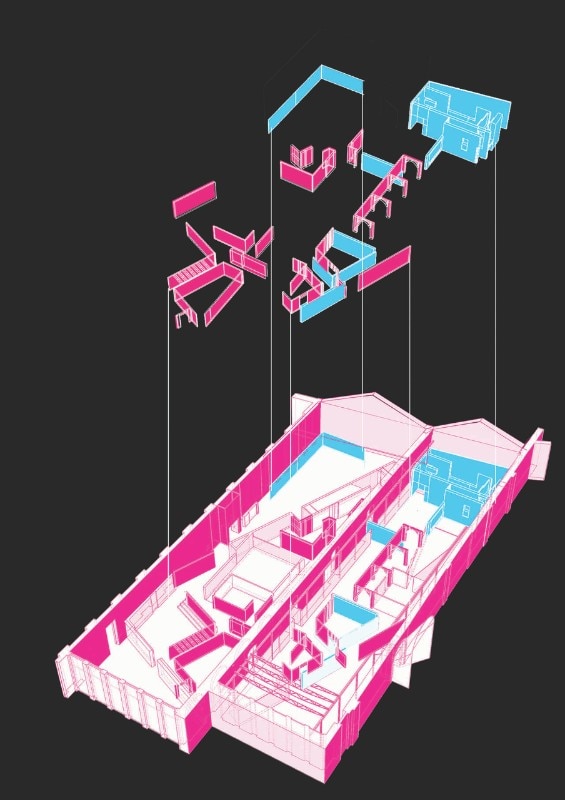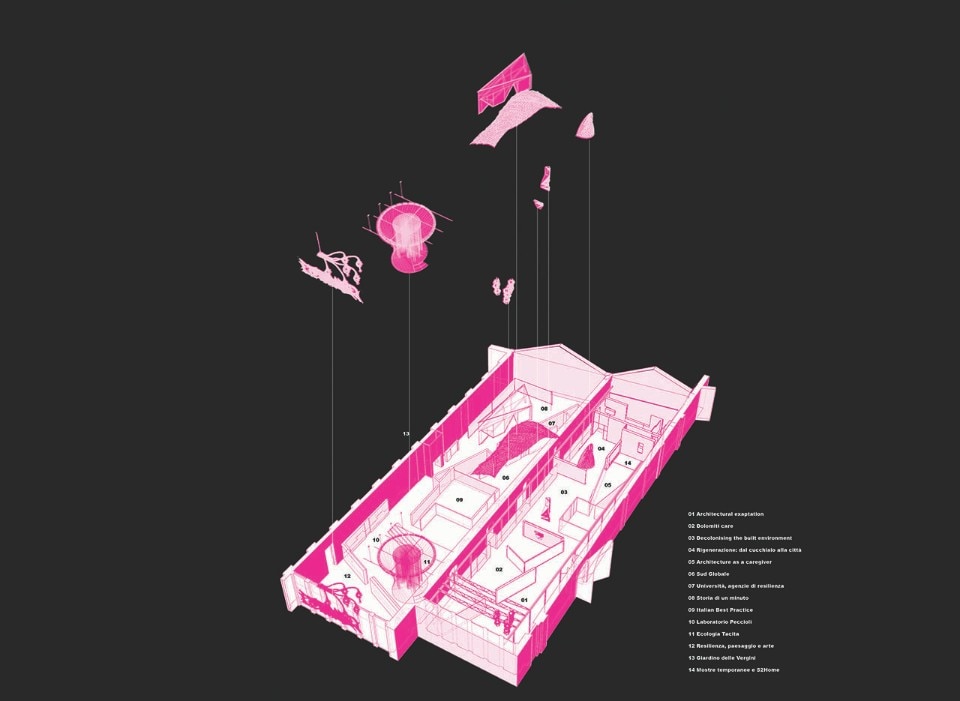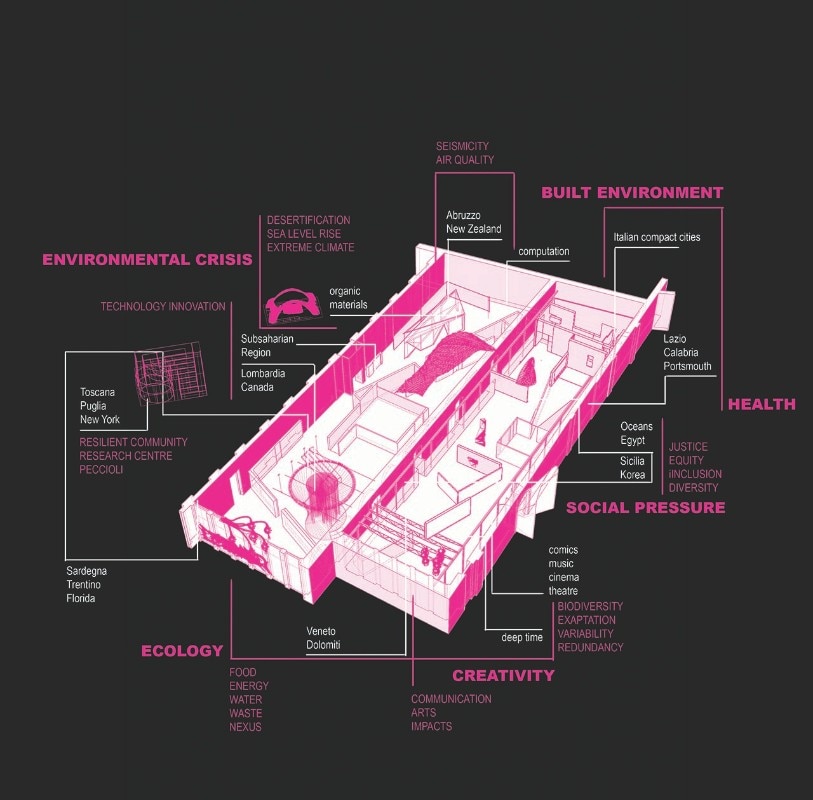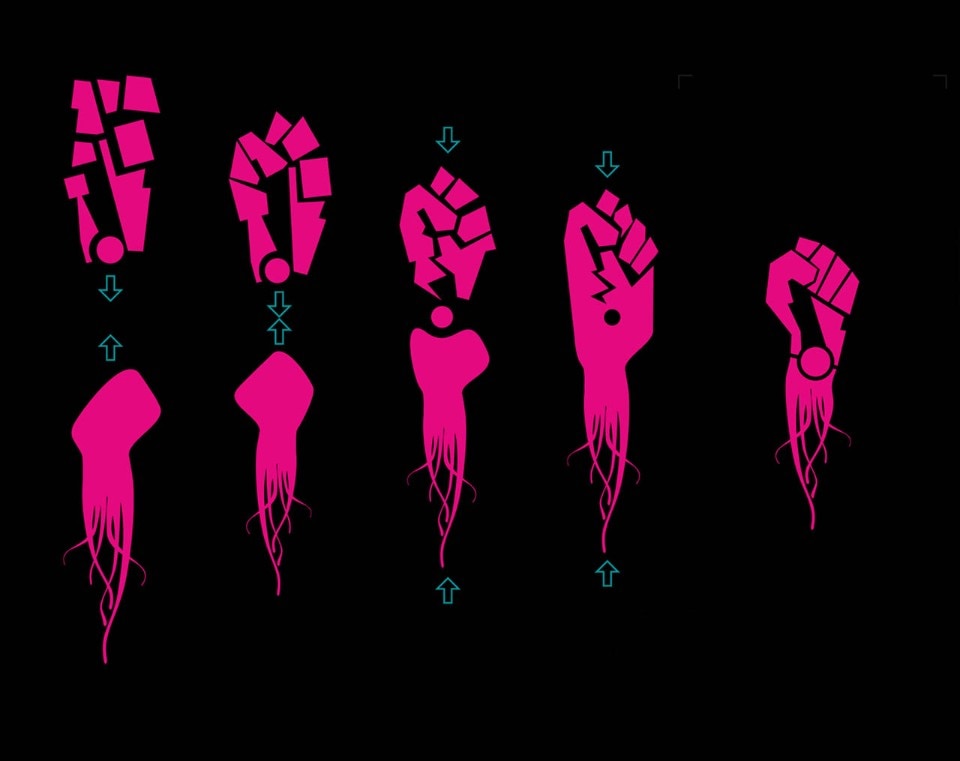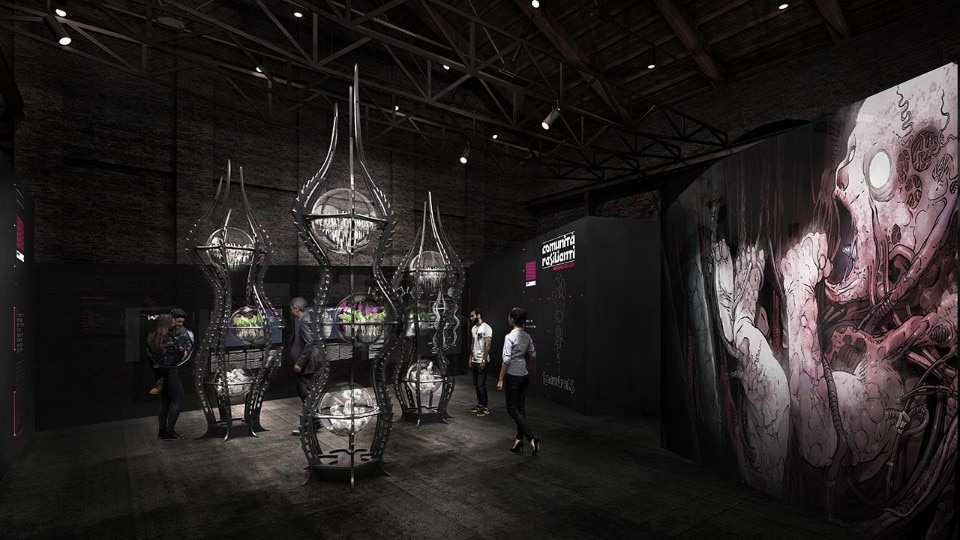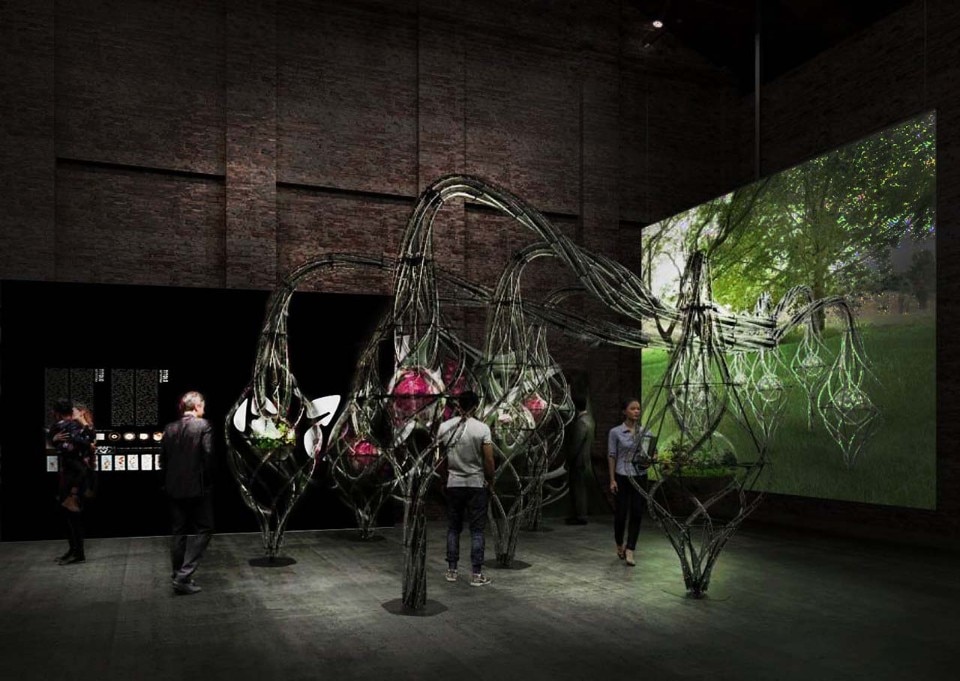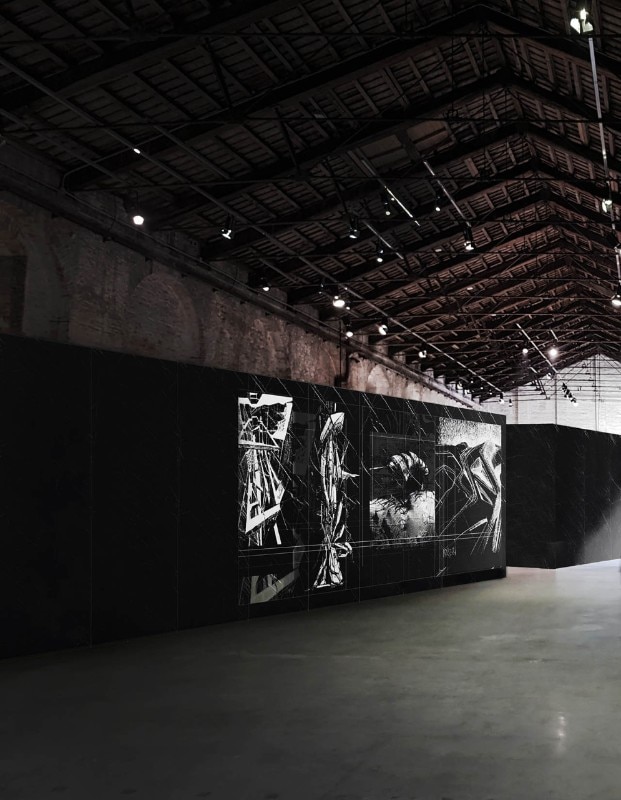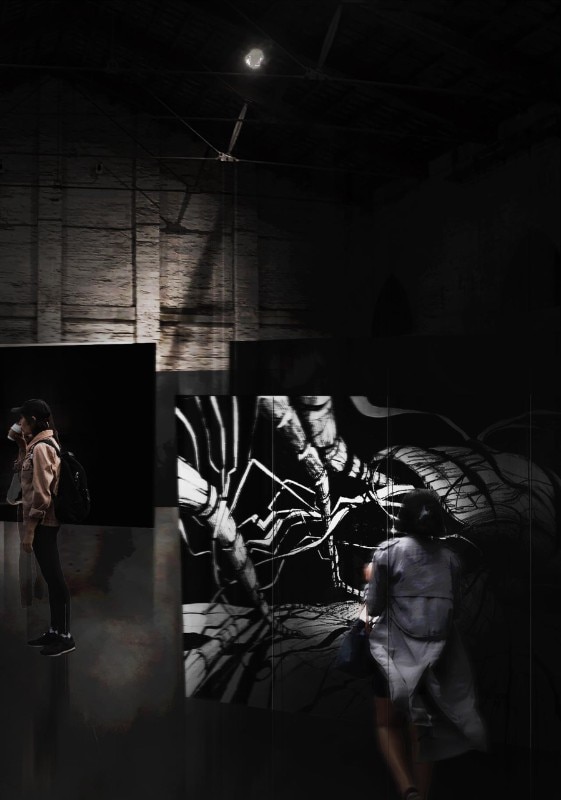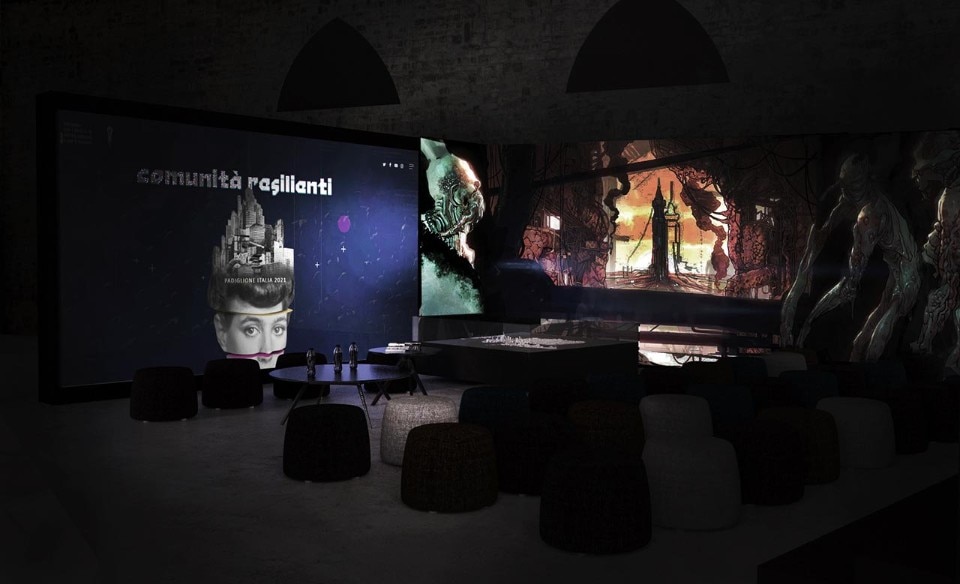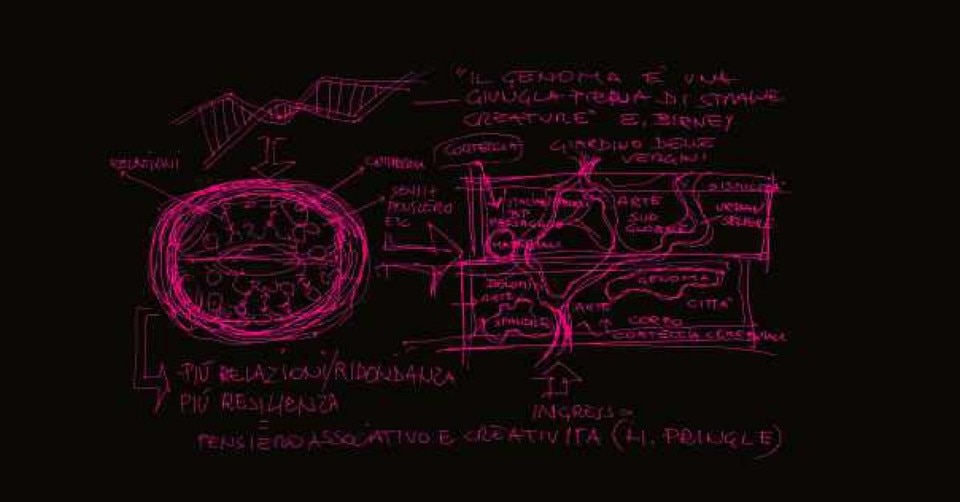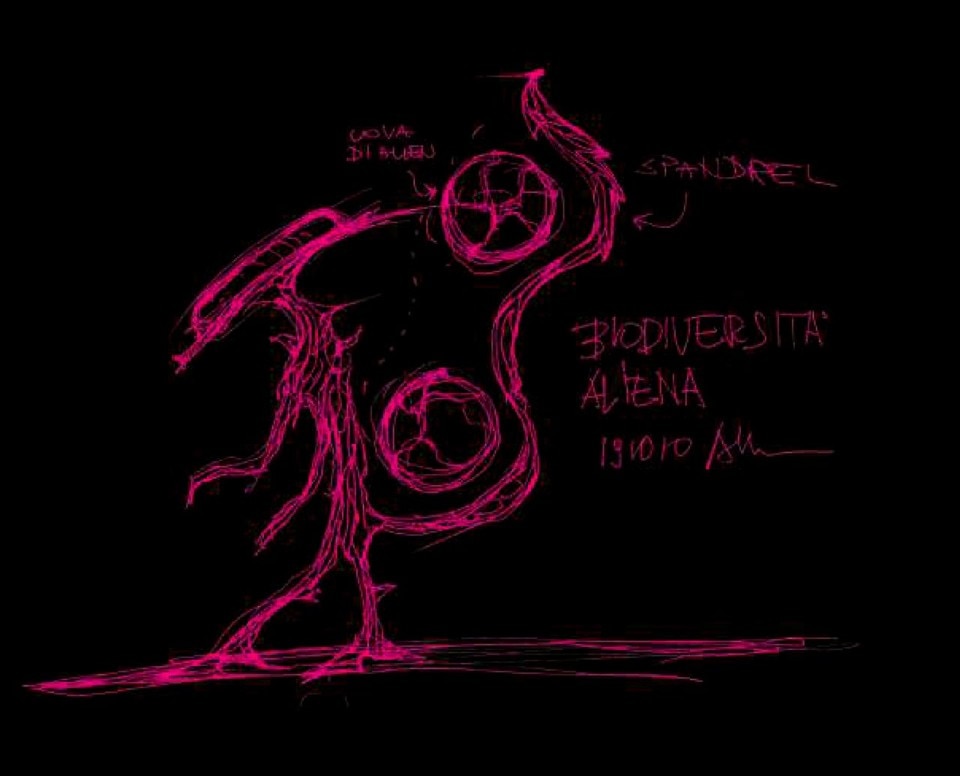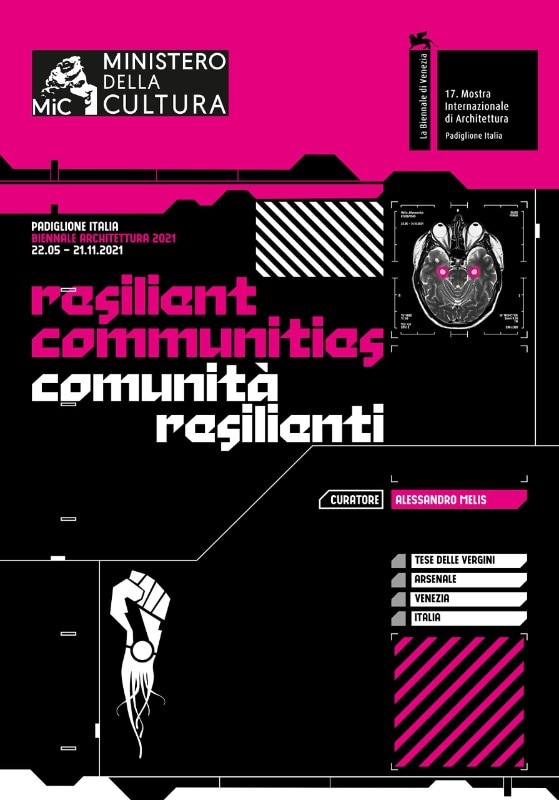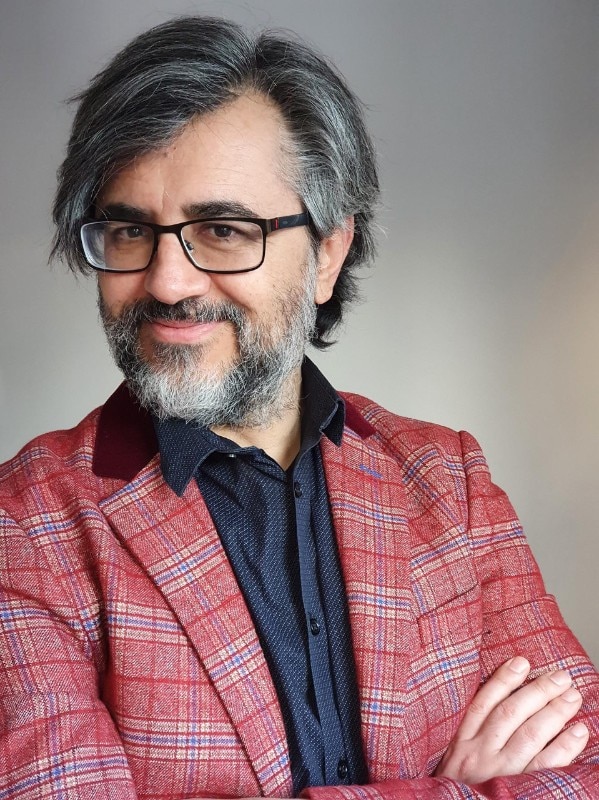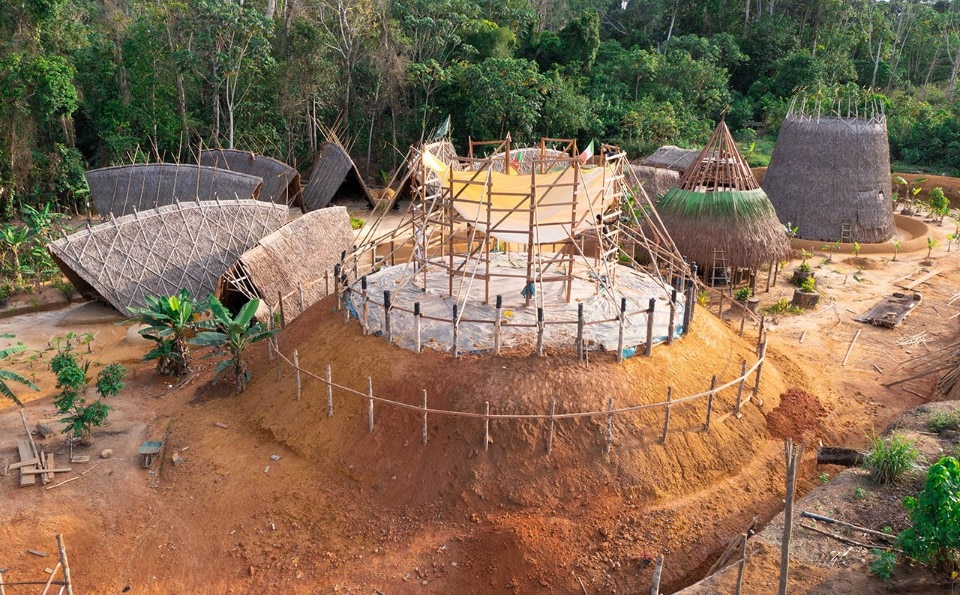After last year's cancellation, the 17th edition of the International Architecture Exhibition of the Venice Biennale opens to the public on May 22. A highly anticipated event, and perhaps even more emblematic in the face of the reflections arising after a year of pandemic, this Biennale finds in the project of the exhibition-laboratory "Resilient Communities" of the Italian Pavilion, presented today to the press by the curator Alessandro Melis, a device to confront the most pressing challenge that afflicts humanity and architecture: climate change.
Using the concept of resilience without the vagueness with which it is often resorted to, and using instead specific references to scientific, medical and evolutionary literature (such as those of the works of Stephen Jay Gould, Elizabeth Vrba, Heather Pringle), Melis looks at the glitch, the exception, the anomalous background noise that escapes the mesh of canonized architecture, as a key to investigate the marginalized experiences carried out by rural and urban communities. Invoking a necessary overcoming of the status quo and quoting Pringle herself – creativity is humanity's survival tool" -, Melis considers that a way out of the environmental and health crisis may just come from the lateral vision offered by experiences that challenge aesthetic and deterministic homogeneity.
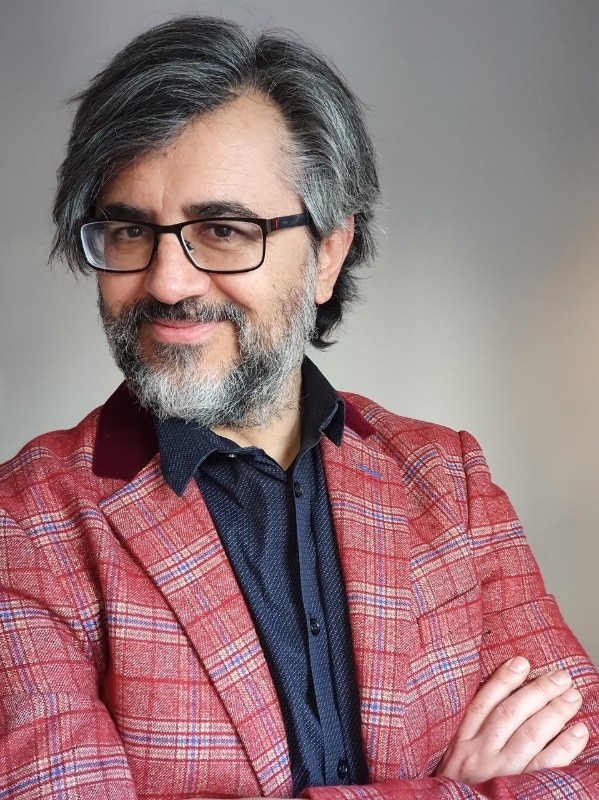
The first Italian Pavilion with (almost) zero Co2 emissions, "Resilient Communities" will be set up using materials from last year's Italian Pavilion and will be distinguished by 14 thematic cores with a strongly interdisciplinary character and marked by a cyber punk-inspired aesthetic. "An inhabited jungle," again in Melis' words, that becomes an invitation to explore the manifestations of diversity and the disruptive value of their potential.


